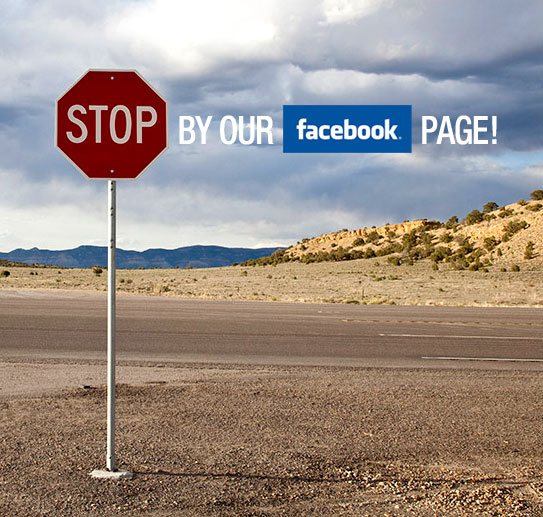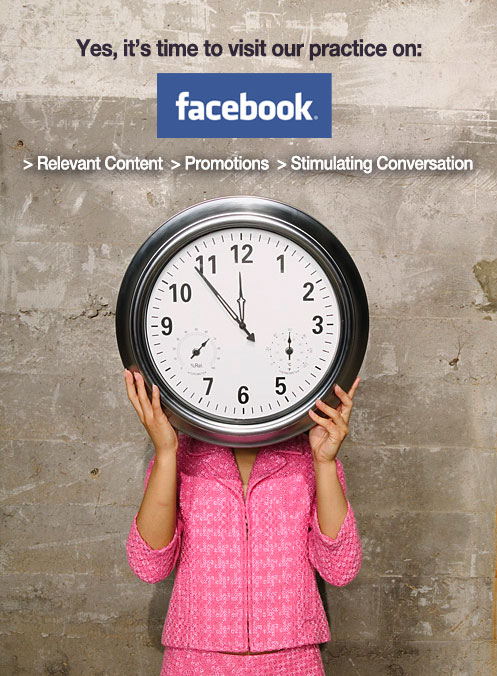GOOD ORAL HEALTHCARE IS SOMETHING most of us are great at when we’re at home…However, most of us don’t bring along our toothbrush and floss when we’re out and about…
So, here are a few ways you can prevent cavities while you’re away from home…
Crunchy fruits and vegetables such as apples, carrots, cucumbers, and celery can help to mechanically clean food debris and bacteria from your teeth.
In addition, fruits such as cranberries, blueberries, and apples contain nutrients that decrease the stickiness of the bacteria that cause cavities. Green and black teas also contain minerals that can reduce the growth of bacteria on your teeth.
And best of all…Cheese. While the mechanism is not completely understood, numerous studies have shown that eating cheese after eating a sugary snack greatly reduces the damage to your teeth. Cheese tends to increase the amount of saliva in your mouth which helps keep cavities at bay. Cheese can also help neutralize the acid that bacteria produce. Calcium, phosphorous, and proteins in cheese may also help remineralize damaged tooth enamel. The best thing is that cheese just tastes so darn good.
So, at your neighbor’s next block party, hit up the cheese tray and fruit & veggie platters after you scarf down that chocolate cake and banana cream pie…Your oral health will thank you, and so will your dentist!The only thing better than a beautiful smile, is a beautiful smilethat’s healthy and cavity-free!Contact us if you have any additional questions, and don’t forget to “Like” us on Facebook!

 YOU KNOW THE ROUTINE: brush your teeth daily, floss regularly, and have your regular checkups with
YOU KNOW THE ROUTINE: brush your teeth daily, floss regularly, and have your regular checkups with 

